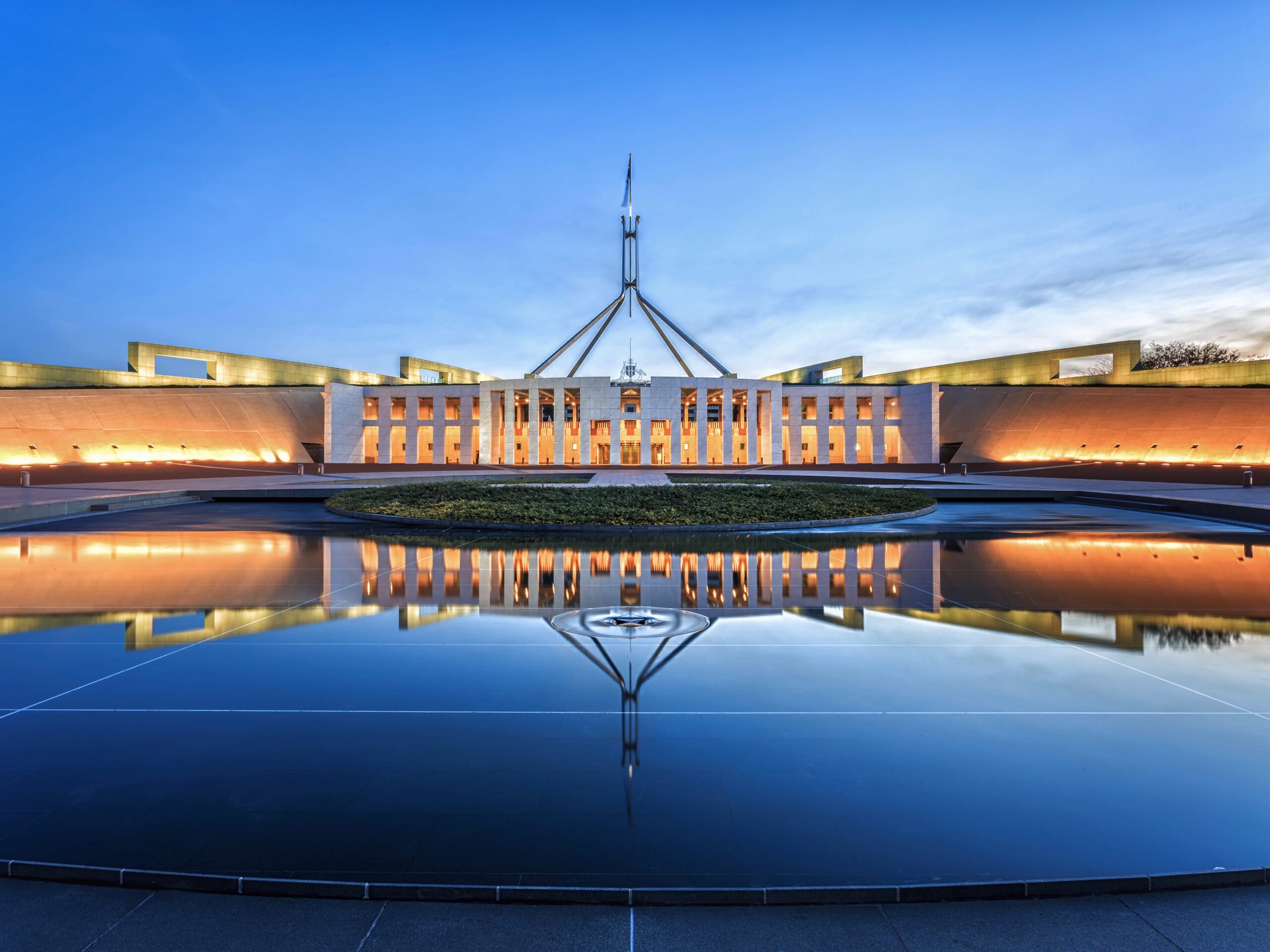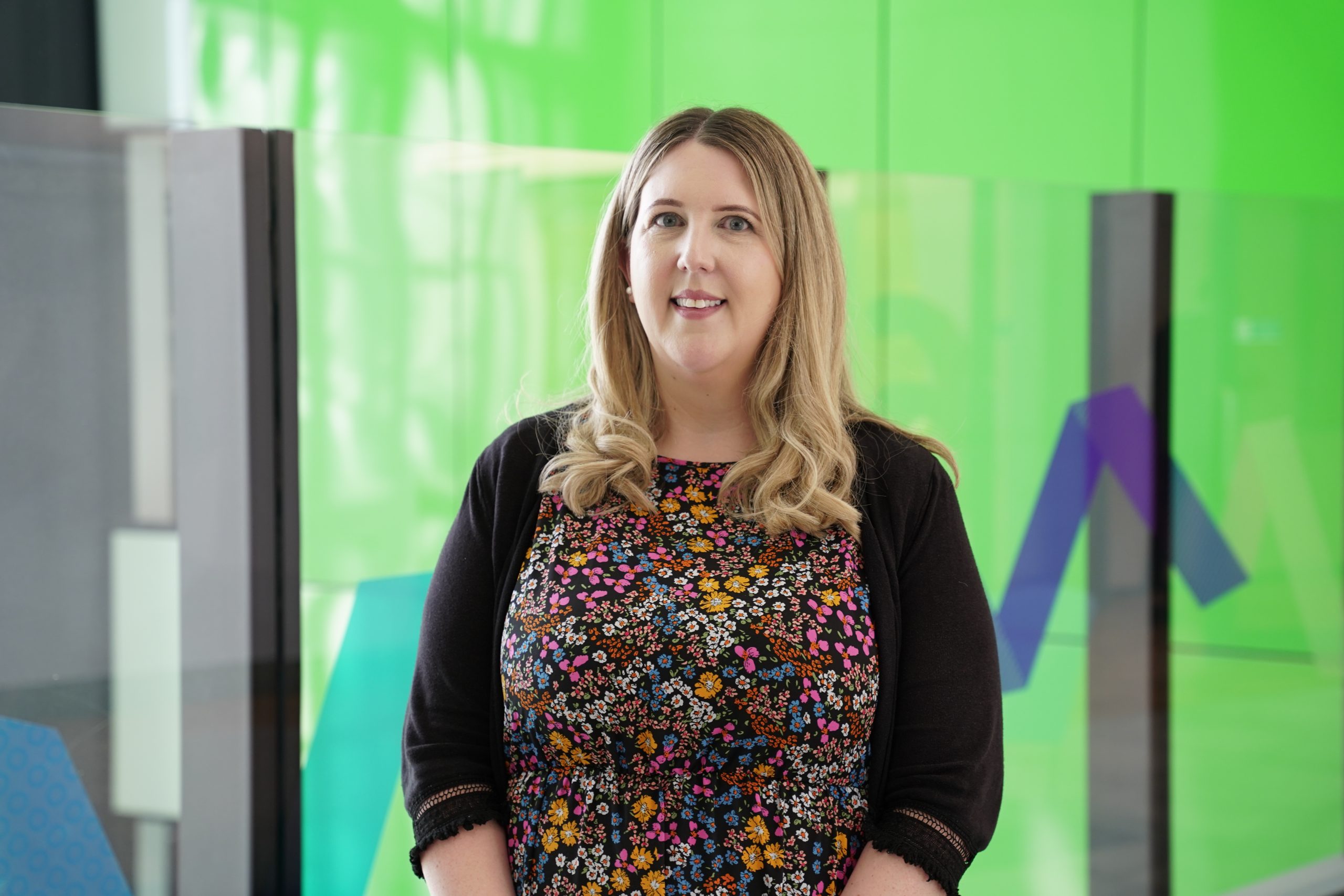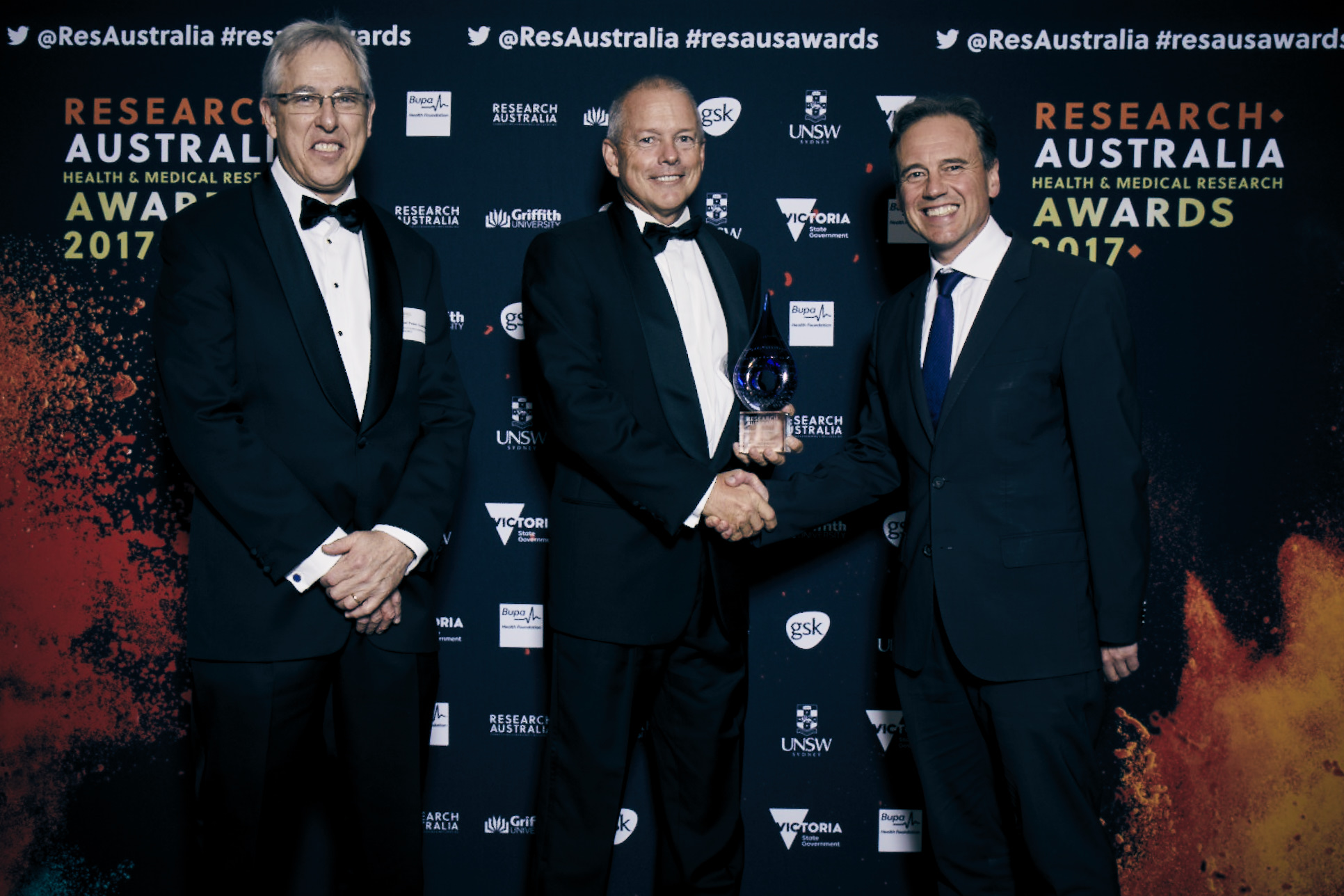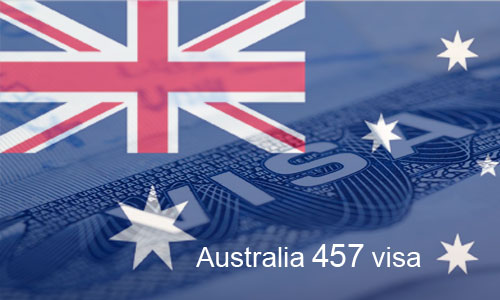MEDIA RELEASE
Budget shows strong support for health and medical research as a critical national capability
Australian health and medical researchers have cautiously welcomed a suite of support measures contained in this year’s Budget.
Higher education Research Support Program
“A one-off injection of $1 billion this financial year in support for university research through the Research Support Program will go some way to stemming the loss of crucial early and mid-career medical researcher jobs from our universities. While it is not the panacea to the problem, without this crucial injection of funds, we were at risk of losing a generation of Australian health and medical researchers – the minds behind the next Gardasil or Cochlear would never have been given the chance to save lives and boost our economy,” said Research Australia CEO and Managing Director, Nadia Levin.
More than half of all Australian health and medical research is undertaken in the higher education sector. It is clear that Australia can no longer rely so heavily on international student fees to subsidise university research.
“This funding is absolutely welcome in the short term, in the long term we need to look at effective partnerships between higher education, government, industry and philanthropy to create a more sustainable higher education sector,” said Nadia Levin.
Research and Development Tax Incentive
The Government will invest an additional $2 billion through the Research and Development Tax Incentive over the next four years to help innovative businesses that invest in research and development. This is welcome news for Australia’s medical innovators, those future job creators and exporters who will be so crucial to Australia’s post-pandemic economic recovery. It is achieved by winding back some of the proposed reforms to the RDTI legislation currently before the Senate.
“One of the key lessons from the COVID-19 pandemic is that we have become overly reliant on global supply chains for vital materials, particularly medical supplies. The inclusion of medical products as a National Manufacturing Priority in the $1.3 billion Modern Manufacturing Initiative will help alleviate this sovereign risk.”
The MRFF and the NHMRC
The Health Budget has also delivered key funding with the Medical Research Future Fund now fully matured and on track to deliver $2.5 billion in research funding over the next four years.
“We remain concerned that the NHMRC is experiencing a decline in funding in real terms. The NHMRC plays a unique and vital role in funding medical research separate to the MRFF and at a minimum, its funding must keep pace with inflation if it is to guarantee the pipeline of health and medical research so vital to our national health and wealth,” said Nadia Levin. “While the universities benefit from the one- off increase in the Research Support Program, there is no similar support for researchers in Medical Research Institutes who are grappling with the delays and disruptions caused by COVID-19.”
Research Australia Chairman, Chris Chapman said, “Last year’s forecast budget spending for 2020-21 was $82.5 billion. This forecast has been revised up to $115.5 billion, as we begin to see just how much COVID-19 is driving up healthcare costs.
“In the coming months and years, Australians will look to health and medical research and innovation to deliver more effective treatments and more efficient pathways of care to curtail these costs. Research Australia will continue to work with Government to ensure support for the crucial role all parts of the health and medical research pipeline have to play in delivering better, more sustainable care.”
Tonight’s budget announcements are part of the equation, Research Australia will continue its advocacy efforts, influencing smarter investment in health and medical research and innovation.
Health and medical research must be seen and treated as the critical national capability it is. Not only to ensure our health and quality of life, but as a key driver of our economy.
Research Australia is the national peak body for Australian health and medical research.
Media contact: Lucy Clynes 0404 068 912




